
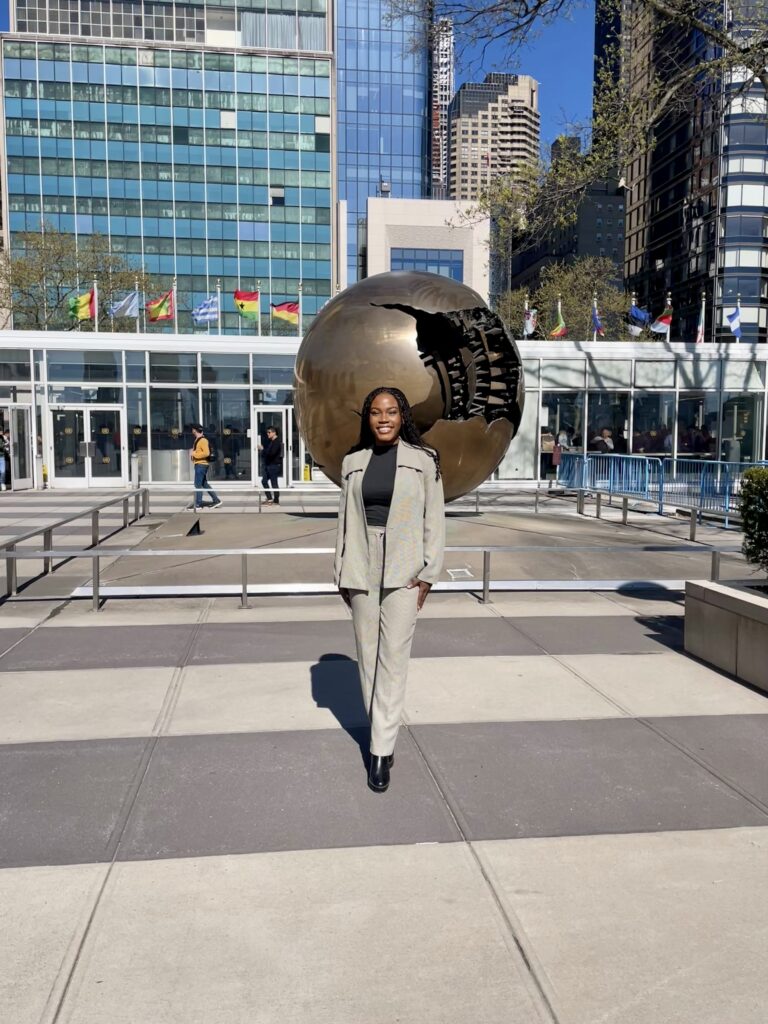
In a digital world driven by aesthetics and algorithms, Charise Simpson has carved out a presence rooted in advocacy, empathy, and action.
At just 26, she serves as a communications and advocacy specialist at the Caribbean Policy Research Institute (CAPRI), but her work in this space began long before any job title. From her school days in Jamaica to her university years abroad, Charise consistently immersed herself in volunteerism and community-focused initiatives, laying the foundation for what would become a lifelong mission: to support and uplift women affected by stigma, violence, and inequality.
Raised by a single mother in Jamaica, Charise drew early inspiration from the strength of the woman who raised her.
“Just being around her and hearing her stories made me deeply aware of what women go through, especially in Jamaica,” Charise shared. That awareness grew into action while she pursued her tertiary education in the United States.
At university in Washington DC, Charise became involved with an organisation focused on the global struggles of women, especially surrounding reproductive health and gender-based violence. Through that group, she travelled to communities in Haiti to deliver public health education and distribute menstrual hygiene products. The work opened her eyes to the realities many women face globally—stigma, shame, and social exclusion.
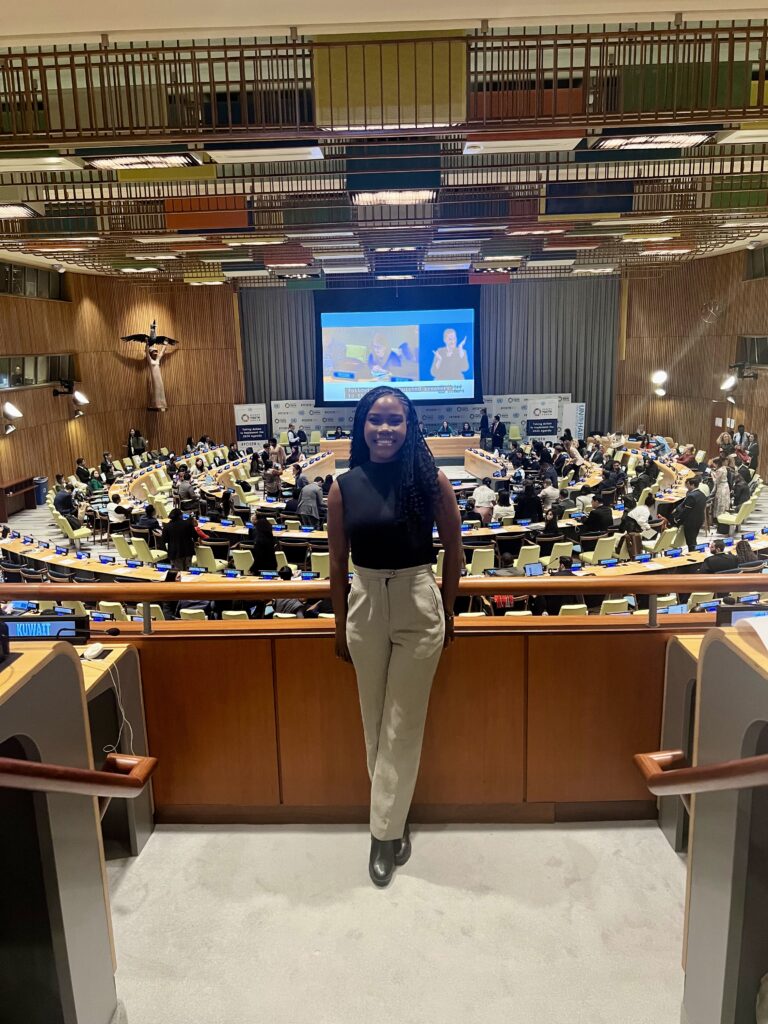
During her volunteer trip to Haiti, she observed even more disparity in access to health care and gender equality. “It was overwhelming at times. I cried almost every night in Haiti,” she admitted. “But I wasn’t alone. Being with other women doing the same work reminded me why it mattered.”
A defining moment came in 2018, when she participated in the first-ever period poverty march in the United States and addressed a crowd outside Capitol Hill. “At the time, I didn’t even realise what I was doing was advocacy,” Charise reflected. “It wasn’t until later that I understood the power of my voice.” That realisation would follow her back home.
Since returning to Jamaica, Charise has worked with local organisations like Eve for Life, which supports survivors of gender-based violence and women and children affected by HIV/AIDS. Her time there revealed how stigma could destroy confidence and opportunity. “Many of the women we worked with faced discrimination at work or couldn’t get employed at all. Yet they still got up, cared for their children, took their medication, and kept going. They taught me what real strength looks like.” Despite the emotional toll, Charise has found ways to remain grounded.
She credits the community, especially those doing similar work, and professional mental health support for helping her navigate the weight of advocacy.
While many activists take to Instagram or TikTok, Charise’s digital advocacy is more reflective. She uses LinkedIn to share articles and personal insights and attends intimate workshops, such as those conducted by Grounding With My Sisters, where women connect through artistic expression and shared healing. Last year, as a youth delegate at the United Nations Economic and Social Council (ECOSOC), she noticed that conversations around women’s issues were missing from the agenda. She acted swiftly, coordinating a last-minute side event that gathered 25 women from across the globe to amplify their voices and share their work. “We stayed up until 3 a.m. to get that concept note in. We just knew it had to happen,” she recalled.
When asked what message needs to be heard more in Jamaica today, Charise didn’t hesitate: “We need to believe women, especially young girls. Too often, we hear their cries after it’s too late.”
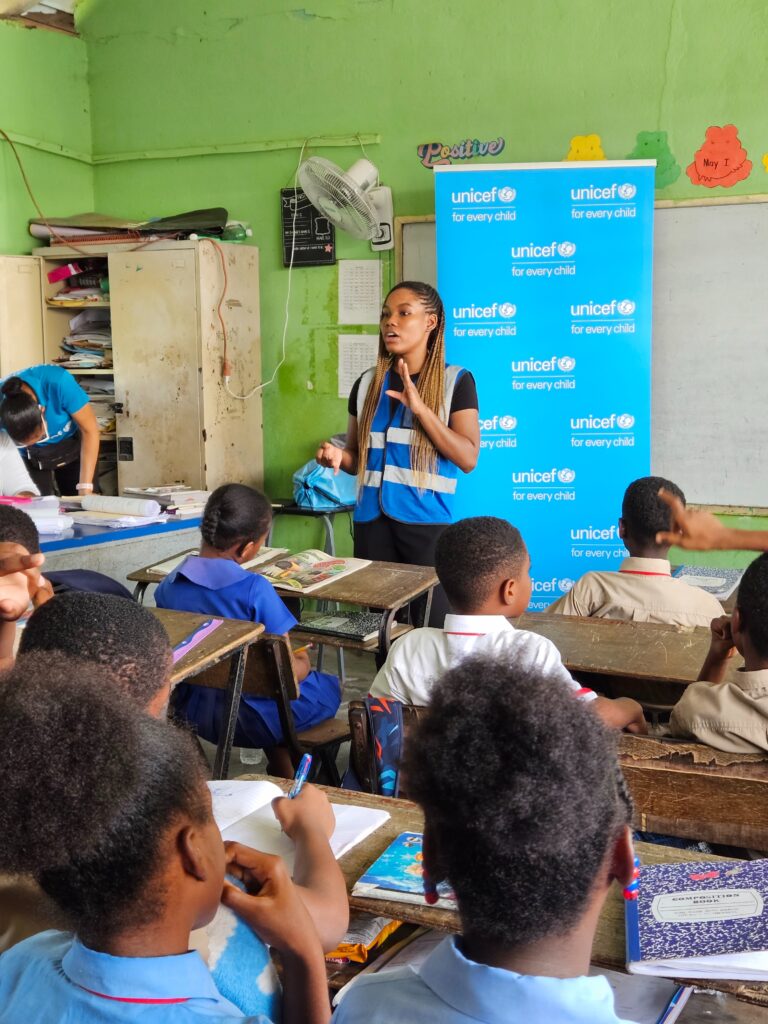
Looking ahead, the Red Stripe Flavour Squad member plans to deepen her impact through further education in public health communications.
Alongside her best friend, and fellow advocate from Howard University who does similar volunteer work in Trinidad, Charise dreams of launching a Caribbean-based firm, focused on health advocacy, storytelling, and policy, amplifying the voices of women across the region. “We don’t want our stories lost in the data of larger regions. We want to ensure the Caribbean has a united, powerful voice.”
Charise Simpson may not shout, but her presence reverberates through every woman she supports, every room she enters, and every story she helps tell. In a country grappling with the crisis of violence against women and children, hers is the kind of leadership Jamaica urgently needs.



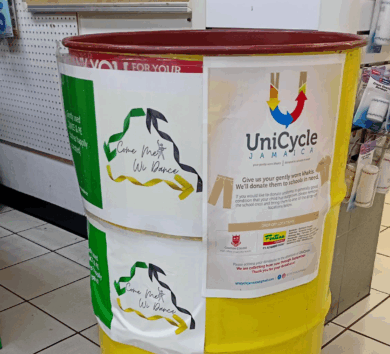
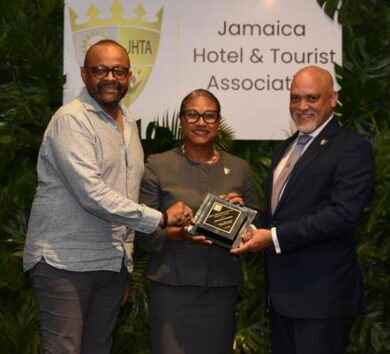
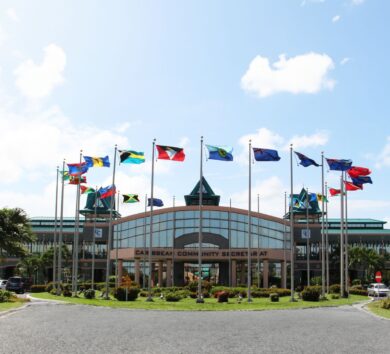
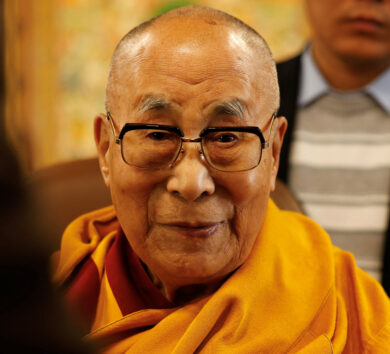
Comments